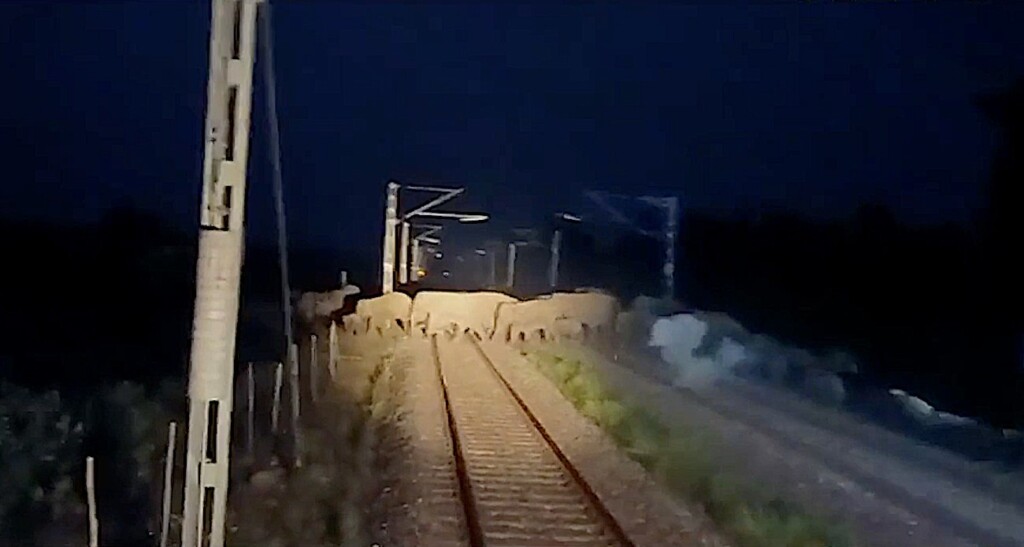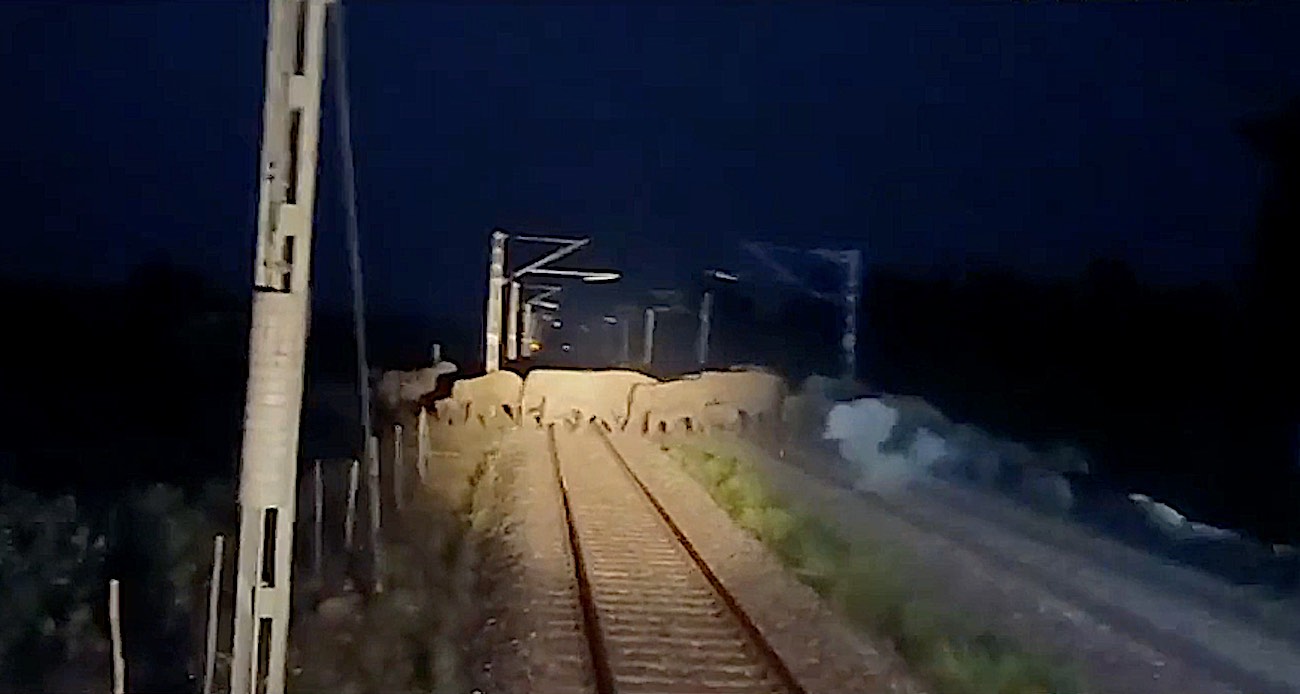
In India’s wildlife capital of Assam State, the driver of a train was alerted to the presence of a herd of elephants crossing the tracks ahead.
The alert came from a safety system powered by an AI that can identify wildlife and convey that information to trains in the area.
Driver J.D. Das and his assistant Umesh Kumar of Kamrup Express were able to apply the emergency break in time to avoid hitting or startling the elephants.
East Central Railways claim their AI system has prevented 800 potential collisions with elephants crossing tracks in the states of Tamil Nadu and Assam.
They plan to install monitoring stations across their entire jurisdiction to make certain that no elephant corridor is without AI-assisted surveillance.
AI is an emerging force in wildlife conservation, especially in the realm of reducing human-animal conflict.
Incredible sight ! A big shout-out to Loco Pilot Das and Assistant Loco Pilot Umesh Kumar of the 15959 Kamrup Express for their swift and heroic action on 16th October in saving a herd of about 60 elephants crossing the railway tracks between Habaipur and Lamsakhang by applying… pic.twitter.com/otfQ3nwjDJ
— Supriya Sahu IAS (@supriyasahuias) October 18, 2024
Recently in Virginia, two Indian-Americans were awarded $15,000 for their invention of an AI detection system to monitor deer crossings.
OTHER GOOD USES FOR AI:
- Google Launches Tool to Predict Floods–That Already Aided in Early Evacuations in Chile
- 2,000-Year-old Scroll Burnt in Pompeii Decoded and Read for First Time by Three Genius Students
- After Studying Mammograms, AI Can Detect More Breast Cancers Than Humans–With Fewer False Positives
- AI Used With Cold War Spy Satellites Can Detect Ancient Underground Aqueducts
Positioned on the side of the road, if the device detects both cars and deer in the vicinity, it emits high-frequency pulses and animal sounds to deter the deer from attempting to cross at that moment.
In 2022, 6,100 traffic collisions, or 15% of the total number in the state, involved deer, an incident ratio that left 500 people injured.
AI has also been used to help prevent shark attacks. The developers of a shark attack forecast app took advantage of a deep learning algorithm to compartmentalize over a hundred years of shark attack data to create a forecast for beaches around the US with an 89% accuracy.
Called SafeWaters.AI, they hope not only to save lives—their primary objective—but to help reduce persecution of sharks in response to attacks on humans.
SHARE This Great Use Of Technology With Your Friends…




















